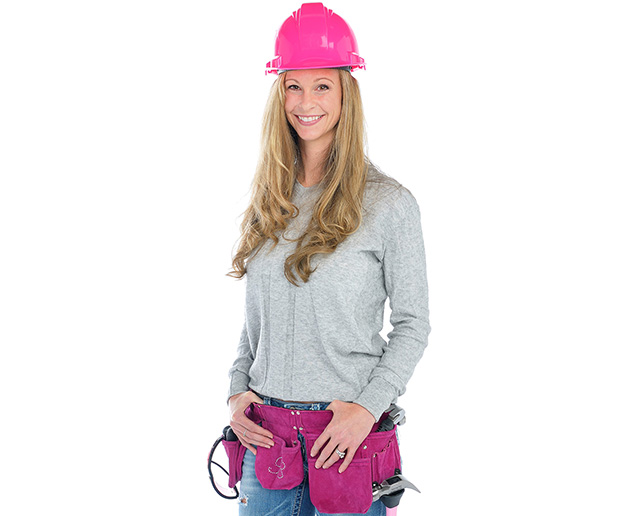While your heating system is designed to keep you warm in cold weather, winter can still take a toll on its performance. From increased strain to potential safety hazards, here are three common challenges your heating system may face during the colder months and how you can address them.
1. Increased Workload on Your Furnace
As temperatures drop, your heating system has to work harder to maintain a comfortable indoor environment. This increased demand can lead to higher energy bills and additional wear and tear on your furnace. While some of this strain is inevitable, there are ways to reduce its impact.
Keep your thermostat at a reasonable temperature to avoid overworking your furnace. Regularly replacing your air filter also helps your system run more efficiently, improving airflow and preventing unnecessary strain. Scheduling a professional tune-up before the winter season can ensure your heating system is prepared to handle the cold.
2. Carbon Monoxide Leaks
Carbon monoxide (CO) leaks are a serious winter hazard, especially with furnaces that rely on combustion to generate heat. Gas-powered, oil-fired, and propane furnaces are all susceptible to CO leaks if their heat exchangers develop cracks or if ventilation systems are blocked. These issues are more likely to arise during extended furnace use in the colder months when windows remain closed and fresh air is limited.
To protect your household, schedule an annual inspection for your furnace before the heating season begins. This ensures that components like the heat exchanger and ventilation systems are functioning properly. Equip your home with carbon monoxide detectors, placing at least one on every floor. Test the detectors regularly, and have an evacuation plan ready in case of an alert. If you notice signs of a carbon monoxide issue, such as a yellow burner flame (instead of blue) or soot around your furnace, turn off the system immediately and seek professional help.
3. Frozen Pipes in Cold Weather
Freezing temperatures can cause the water pipes in your home to freeze, blocking the flow of water and increasing the risk of pipe bursts. This can result in serious damage to your heating system, especially if you rely on a boiler to heat your home. A burst pipe could not only compromise your system’s efficiency but also lead to costly home repairs.
To prevent frozen pipes, keep your thermostat set to at least 55 degrees Fahrenheit—even when you’re away. Additionally, wrap exposed pipes with pipe insulation to protect them from extreme temperatures. Proactively insulating pipes and maintaining a consistent indoor temperature are key steps to avoid this winter hazard.
Contact Mountain View Heating for Assistance
If it’s been over a year since your last furnace tune-up or you’re concerned about how winter may affect your heating system, Mountain View Heating, Inc. is here to help. Since 1979, we’ve proudly served Bend, OR, and the surrounding areas. Our team works on all heating system brands and models, as well as air conditioning systems. We also provide indoor air quality services to keep your home comfortable and safe year-round.
For more information or to schedule an appointment, contact Mountain View Heating in Bend today.
